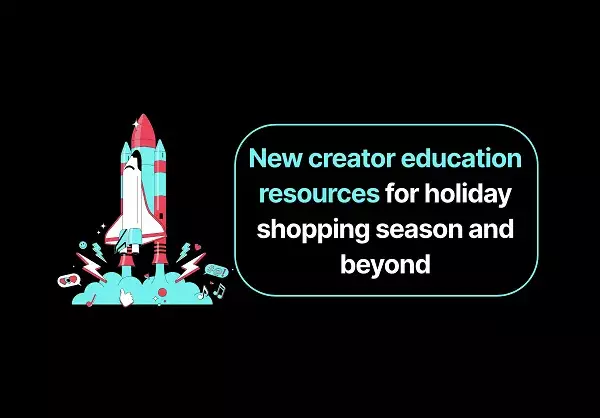In a bid to further integrate e-commerce within its platform, TikTok has taken significant steps aimed at assisting sellers. The social media giant recognizes the necessity to streamline the selling process while ensuring that users adhere to its guidelines. Recent updates include the introduction of an Account Health Report, a Creator Policy Quiz, and the launch of live in-person events designed for TikTok Shop e-commerce creators. This article explores these developments, providing insights into how they aim to improve sellers’ experiences and compliance on the platform.
Understanding the Account Health Report
One of the most noteworthy additions is the Account Health Report, which offers sellers a snapshot of their account’s standing regarding policy adherence and operational issues. This report is generated on a weekly basis, compiling information on policy violations and other problems that might hamper a seller’s efficiency. TikTok’s intention is to empower sellers with knowledge about their accounts.
This report not only highlights the specific issues creators face but also tracks the frequency of violations. Understanding these violations could be crucial as TikTok warns users of potential milestones that could lead to punitive measures if they continue to accrue violations. By providing clear metrics, creators can make informed decisions to improve their accounts and maintain the visibility of their products.
Enhancing Knowledge Through Quizzes
In tandem with the Account Health Report, TikTok also introduced the Creator Policy Quiz. This initiative aims to bolster the understanding of platform policies among sellers. The quiz consists of a simple three-question format, designed to address specific violations sellers may encounter. As a direct incentive, creators can reduce their violation points upon passing the quiz, thus enhancing their overall account health.
This facet of TikTok’s strategy serves dual purposes. Firstly, it provides education, equipping sellers with the knowledge required to navigate TikTok’s complex ecosystem. Secondly, it acts as a tangible motivator, encouraging sellers to engage with the content policies proactively rather than reactively. By allowing creators to retake the quiz up to three times a month, TikTok reinforces the idea that continuous learning can lead to better compliance and improved account status.
The introduction of in-person workshops marks another strategic move by TikTok to foster community among sellers. With events scheduled in select cities, these workshops are not just a platform for information but also an opportunity for networking and collaboration among creators. By focusing on the fundamental principles of content monetization, TikTok provides a setting where creators can learn best practices directly from experts and peers.
Though details on future events are sparse, TikTok’s commitment to supporting sellers through these experiences underscores its recognition of the human element in digital commerce. Establishing personal connections in an otherwise virtual environment can significantly enhance the way sellers interact with the platform and with each other.
Despite some challenges, such as regulatory concerns in markets like the U.S., TikTok’s e-commerce potential remains expansive. Recent reports indicated a staggering threefold increase in sales during Black Friday compared to the previous year. The growth of in-app spending signifies that users are not only engaging with content but are also willing to make purchases directly through the platform.
This burgeoning interest in in-stream shopping presents lucrative opportunities for brands aiming to capitalize on impulse buying behavior. As TikTok continues to invest in tools and resources that facilitate smooth selling experiences, the future of commerce within the app appears promising, fostering a new age of social shopping.
Overall, TikTok’s recent endeavors signal a robust commitment to enhancing the selling experience while maintaining policy integrity. By equipping sellers with the knowledge they need to succeed through centralized reports, quizzes, and community-focused workshops, TikTok is paving the way for a more prosperous and compliant future in e-commerce. For sellers willing to navigate these tools, the platform holds significant promise in the evolving landscape of digital retail.

